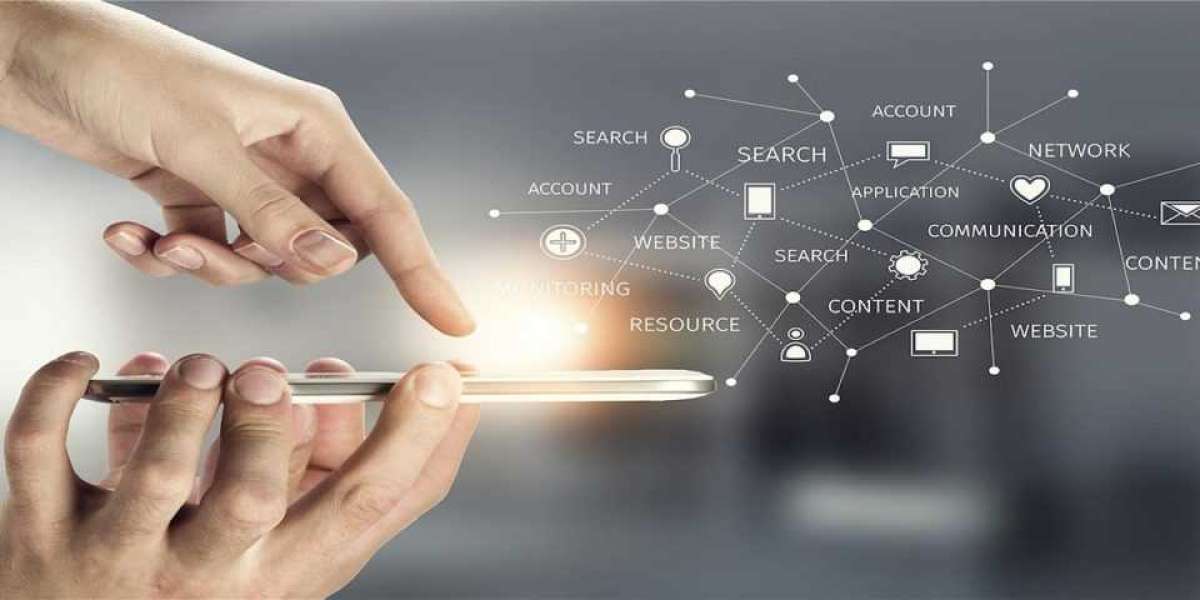The future of IT support is likely to be characterized by a combination of technological advancements and evolving customer needs.
One major trend that is already shaping the future of IT support is the use of artificial intelligence (AI) and machine learning (ML) technologies. With the help of AI and ML, IT support teams can automate many of their routine tasks, freeing up time to focus on more complex issues. Chatbots and virtual assistants powered by AI are already being used to handle basic support inquiries, and this trend is likely to continue as these technologies become more sophisticated.
Another important trend is the move towards remote work and decentralized teams. As more companies adopt remote work policies, IT support teams will need to adapt to this new reality by providing remote support to employees working from home or other locations.
In addition, the increasing use of cloud-based services and infrastructure is likely to have a major impact on IT support in the future. With more and more businesses moving their operations to the cloud, IT support teams will need to have a deep understanding of cloud computing and related technologies.
Overall, the future of IT support is likely to be characterized by a continued focus on automation and AI, the need to support remote workers and decentralized teams, and a growing reliance on cloud-based services and infrastructure.
Along with these trends, there is also a growing emphasis on proactive support in IT. Instead of just reacting to user problems, IT support teams will need to proactively identify potential issues and address them before they become major problems.
This will require IT support teams to adopt a more data-driven approach, using analytics and monitoring tools to identify patterns and trends in user behavior and system performance.
Moreover, cybersecurity will continue to be a top priority for IT support teams in the future. As the threat landscape continues to evolve, IT support teams will need to stay up-to-date with the latest security threats and best practices to keep their organization's systems and data secure.
In terms of customer experience, IT support teams will need to focus on providing a personalized and user-friendly experience for employees and customers alike. This means leveraging technologies like chatbots and self-service portals to provide quick and convenient support, while also ensuring that users can easily connect with a human support agent if needed.
Finally, the future of IT support is likely to be shaped by ongoing collaboration between IT support teams and other departments within an organization. With the increasing importance of technology in all areas of business, IT support teams will need to work closely with other departments to ensure that technology is aligned with business needs and goals.
In summary, the future of IT support is likely to be characterized by a continued focus on automation, AI, and cloud-based services, along with a greater emphasis on proactive support, cybersecurity, and personalized customer experiences. To succeed in this changing landscape, IT support teams will need to stay up-to-date with the latest technologies and best practices, while also fostering strong partnerships with other departments within their organization.
One major trend that is already shaping the future of IT support is the use of artificial intelligence (AI) and machine learning (ML) technologies. With the help of AI and ML, IT support teams can automate many of their routine tasks, freeing up time to focus on more complex issues. Chatbots and virtual assistants powered by AI are already being used to handle basic support inquiries, and this trend is likely to continue as these technologies become more sophisticated.
Another important trend is the move towards remote work and decentralized teams. As more companies adopt remote work policies, IT support teams will need to adapt to this new reality by providing remote support to employees working from home or other locations.
In addition, the increasing use of cloud-based services and infrastructure is likely to have a major impact on IT support in the future. With more and more businesses moving their operations to the cloud, IT support teams will need to have a deep understanding of cloud computing and related technologies.
Overall, the future of IT support is likely to be characterized by a continued focus on automation and AI, the need to support remote workers and decentralized teams, and a growing reliance on cloud-based services and infrastructure.
Along with these trends, there is also a growing emphasis on proactive support in IT. Instead of just reacting to user problems, IT support teams will need to proactively identify potential issues and address them before they become major problems.
This will require IT support teams to adopt a more data-driven approach, using analytics and monitoring tools to identify patterns and trends in user behavior and system performance.
Moreover, cybersecurity will continue to be a top priority for IT support teams in the future. As the threat landscape continues to evolve, IT support teams will need to stay up-to-date with the latest security threats and best practices to keep their organization's systems and data secure.
In terms of customer experience, IT support teams will need to focus on providing a personalized and user-friendly experience for employees and customers alike. This means leveraging technologies like chatbots and self-service portals to provide quick and convenient support, while also ensuring that users can easily connect with a human support agent if needed.
Finally, the future of IT support is likely to be shaped by ongoing collaboration between IT support teams and other departments within an organization. With the increasing importance of technology in all areas of business, IT support teams will need to work closely with other departments to ensure that technology is aligned with business needs and goals.
In summary, the future of IT support is likely to be characterized by a continued focus on automation, AI, and cloud-based services, along with a greater emphasis on proactive support, cybersecurity, and personalized customer experiences. To succeed in this changing landscape, IT support teams will need to stay up-to-date with the latest technologies and best practices, while also fostering strong partnerships with other departments within their organization.



